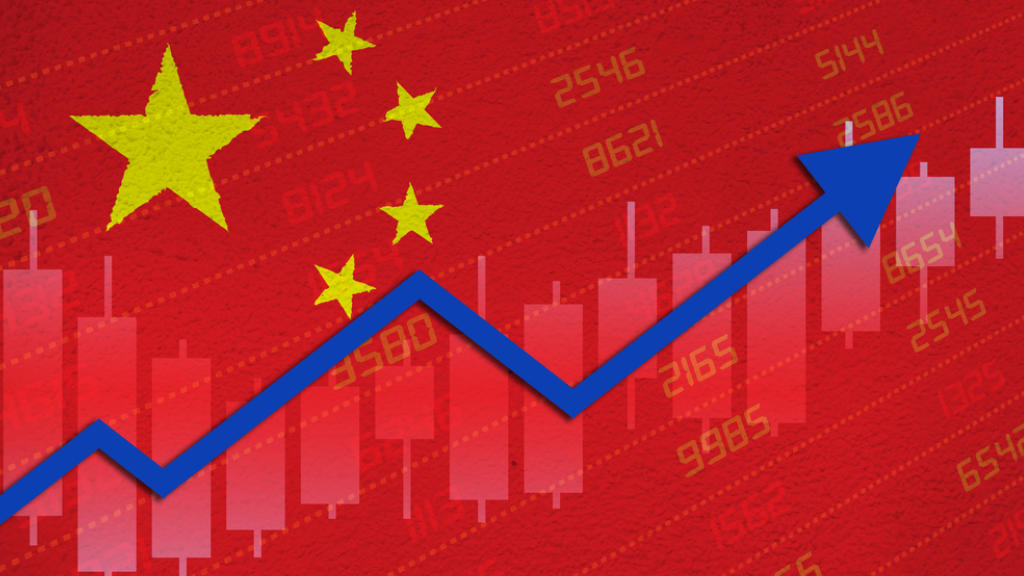Despite general Western negativity concerning China, its industrial activity picked up at the start of the year, according to data from the National Bureau of Statistics. The news is relevant to Russia’s Pivot to Asia as it suggests that inexpensive Russia energy is helping create a boost to China’s manufacturing sector output.
China’s industrial production during January and February leapt 7% over the same period in 2023, the fastest rate of growth in almost two years and above an anticipated 5% rise from economists polled by Reuters. Retail sales added 5.5 per cent, in line with expectations.
China’s economic data is being closely watched for any signs of improved momentum after a period marked by deflation, low consumer confidence and a property cash crunch that has spread to some of the country’s most trusted developers in the past year.
Zichun Huang, China economist at Capital Economics, was reported in the Financial Times as saying said the overall data marked an improvement, with economic momentum expected to “improve further in the near term” and benefit from support measures.
Links between a rebound in China’s industrial productivity and access to competitive energy prices in buying oil and gas from Russia have not made the news elsewhere, as European industrial productivity continues to slump, and the parallel comparisons may not be politically welcome. While China undoubtedly has economic issues, and these need to be overcome, its sourcing of Russian energy at a time when Europe is abandoning it does seem to be helping. China’s Manufacturing PMI increased to 50.9 points in February. Anything above 50 is an expansion, anything below a retraction. Germany’s Manufacturing PMI was 42.5, while Russia’s was at 54.7.

 Русский
Русский












